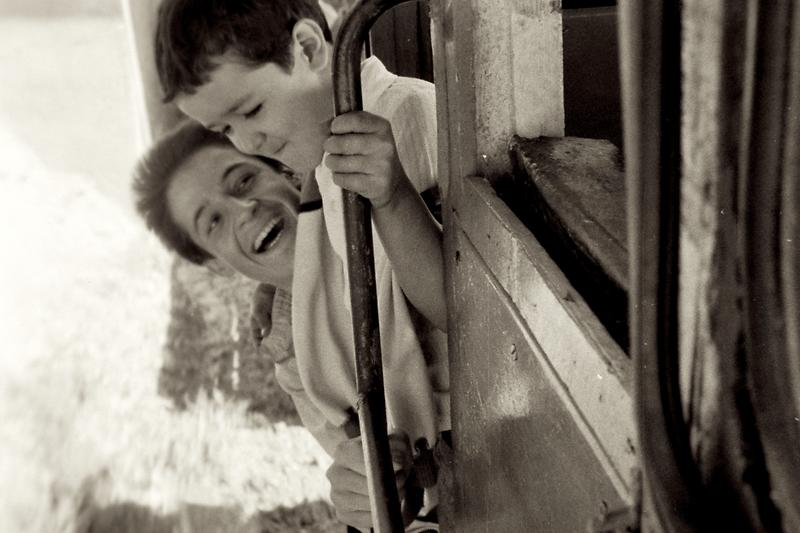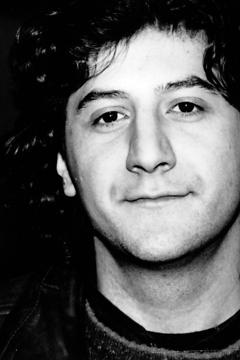
BRATAN
BRATAN BROTHER

For Farukh and his brother Azamat the journey to the big city by slow train takes forever. After the death of his mother, Farukh wants his little brother to live with his father. With every kilometre they feel freer and more self-confident, every next stop promises both new hopes and new challenges. At the same time, the sense of anticipation at seeing their father again, the man who left the family a few years ago to work in the city, grows. The fact that the father now lives with a new wife and that, despite the pleasantries, there is no place for Azamat; that the city society welcomes its unexpected guests with an apprehension towards strangers and with beatings; all of this brings bitter disappointment for these guests from the countryside. In the end, the travellers head back; the journey was the goal. This feature film debut from Bakhtyar Khudojnazarov, who passed away far too early in 2015, reads today like a parable of the hopes that followed the implosion of the totalitarian socialist states and the disappointments that followed. In cinematic terms, it continues to enthral audiences with its awe-inspiring landscape panoramas and thrilling on-the-railroad atmosphere. A promise of freedom that the director contemplatively breaks down to a realistic emotional level, where happiness and decline are two sides of the same coin. The film was not long ago restored by Berlin-based director Veit Helmer and recently screened in the Venice Classics section at the Venice Film Festival.
Weltspiegel: original version with english subtitles + german simultaneous translation

Bakhtyar Khudojnazarov - Bakhtyar Khudojnazarov was born 1965 in Dushanbe, the capital of Tajikistan which at that time was a Soviet Republic. After working as an assistant director, he was accepted to the prestigious film schoolVGIK in Moscow, where he directed three short films before making his feature film debut, Bratan(1991). In 1994 Khudojnazarov moved permanently to Berlin but continued to make films in Central Asia. Producer Karl Baumgartner (Pandora Filmproduktion) became his close collaborator. His second film Kosh ba Kosh (international title Odd and Even) won the Silver Lion in Venice 1993 and his third, Luna Paper, was a hit in cinemas around the world. Khudojnazarov created astunning oeuvre of visually breathtaking films before his tragic death in 2015. In 2017, Bakhtyar Khudojnazarov’s friend and colleague, German filmmaker Veit Helmer started to search for the whereabouts of the early films. At his own expense, and after several years of research and work, Helmer completed the restoration of Bratan in 2022.